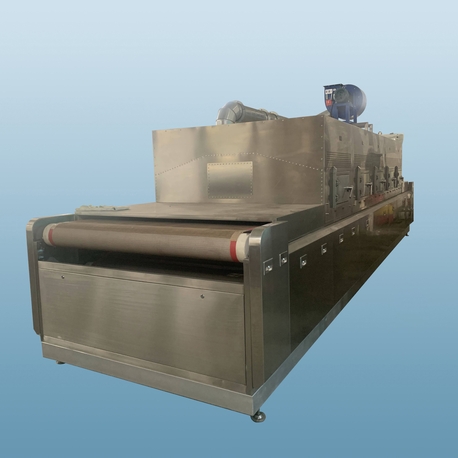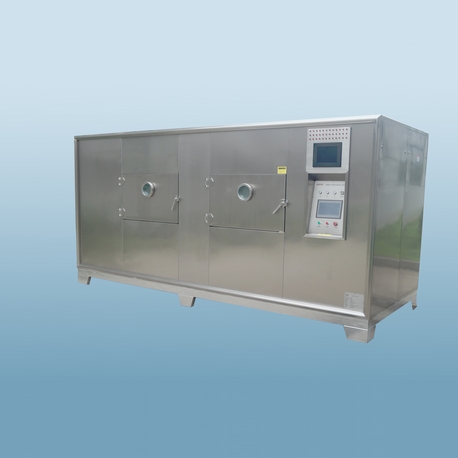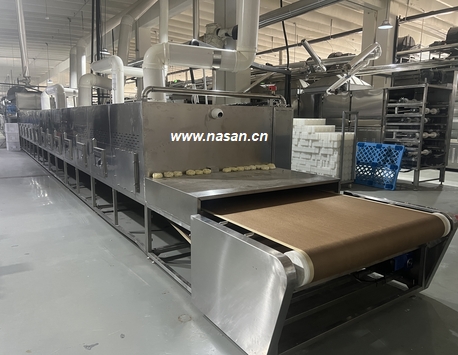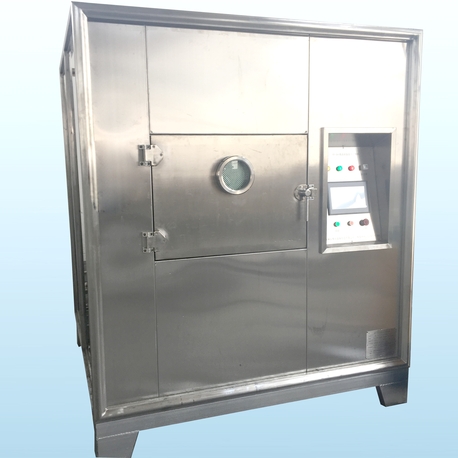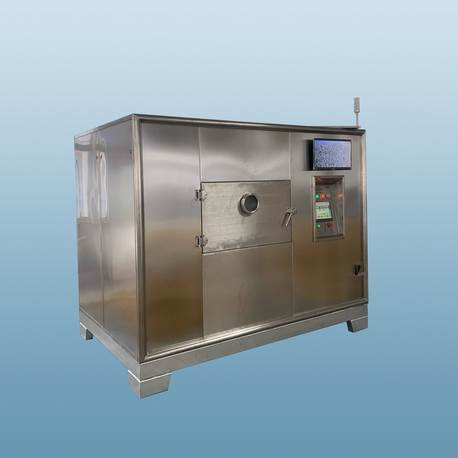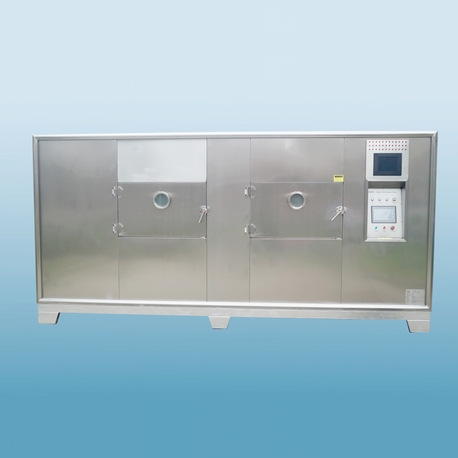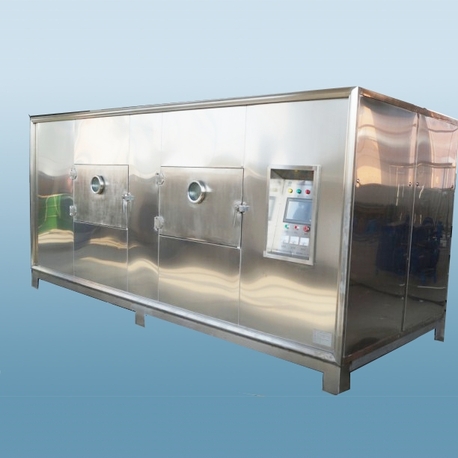Industrial flower drying is a critical process in various sectors, including agriculture, pharmaceuticals, and floral industries. Whether preserving blooms for decorative purposes or preparing medicinal herbs, an efficient flower dryer ensures quality and longevity. This article delves into the world of industrial flower dryers, covering key aspects such as types of machines, pricing factors, leading manufacturers, and common challenges. By understanding these elements, businesses can make informed decisions to optimize their drying operations. We'll explore the nuances of industrial flower drying machines, discuss industrial flower dryer price considerations, highlight reputable flower drying oven manufacturers, and address frequently asked questions. With the global demand for dried flowers rising, investing in the right equipment is paramount for success.
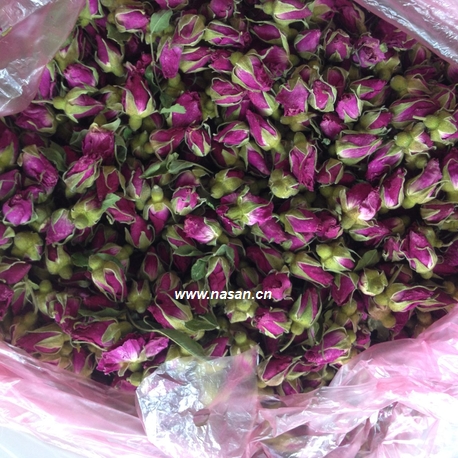
What is an Industrial Flower Dryer?
An industrial flower dryer is a specialized device designed to remove moisture from flowers quickly and uniformly on a large scale. Unlike traditional methods like air-drying, which can take days and risk mold growth, industrial flower dryers use controlled temperature, airflow, and humidity to preserve the color, texture, and potency of flowers. These machines are essential for commercial operations where consistency and efficiency are key. Common applications include drying edible flowers for culinary use, medicinal plants for herbal products, and ornamental blooms for crafts. The term "flower dryer" encompasses a range of equipment, from simple cabinet dryers to advanced conveyor systems. Industrial flower drying machines often incorporate features like programmable settings and energy-efficient technologies to handle diverse flower types, from delicate roses to robust chrysanthemums. By using an industrial flower dryer, businesses can achieve higher throughput and better product quality compared to manual methods.
The evolution of flower drying technology has led to innovations such as heat pump dryers and vacuum dryers, which reduce energy consumption and minimize nutrient loss. When selecting a flower dryer, factors like capacity, drying time, and flower species must be considered. For instance, an industrial flower dryer designed for lavender might differ from one used for marigolds due to varying moisture content and structure. Understanding the basics of how these machines work—typically through convection or radiation heat transfer—helps users optimize their processes. In summary, an industrial flower dryer is a cornerstone of modern flower processing, enabling scalability and precision in preservation.
Types of Industrial Flower Drying Machines
Industrial flower drying machines come in various configurations to suit different production needs. Each type offers unique advantages, and choosing the right one depends on factors like volume, budget, and flower characteristics. Here, we outline the most common types of industrial flower drying machines.
1. Tray Dryers: These are among the most popular industrial flower dryers, featuring multiple stacked trays where flowers are spread evenly. Heated air circulates through the trays, ensuring uniform drying. Tray dryers are ideal for small to medium-scale operations and are often used by flower drying oven manufacturers for their simplicity and cost-effectiveness. They allow for easy loading and unloading, making them suitable for batch processing.
2. Conveyor Dryers: For high-volume production, conveyor dryers are a top choice. Flowers are placed on a moving belt that passes through heated zones, enabling continuous drying. This type of industrial flower drying machine minimizes handling and reduces labor costs. It's commonly used in large-scale agricultural settings where throughput is critical. However, the industrial flower dryer price for conveyor systems is generally higher due to their complexity.
3. Vacuum Dryers: These machines use low pressure to lower the boiling point of water, allowing flowers to dry at lower temperatures. This preserves heat-sensitive compounds, making vacuum dryers ideal for medicinal flowers where potency is vital. Although more expensive, they offer superior quality control and are offered by specialized flower drying oven manufacturers.
4. Heat Pump Dryers: Energy-efficient and environmentally friendly, heat pump dryers recycle heat to reduce energy consumption. They are gaining popularity as businesses seek sustainable options. An industrial flower dryer of this type might have a higher upfront cost but lower operating expenses over time.
5. Microwave Dryers: Using microwave radiation, these dryers achieve rapid drying times. They are advanced industrial flower drying machines suitable for delicate flowers but require careful monitoring to prevent overheating.
When evaluating these options, consider factors like drying speed, energy efficiency, and maintenance requirements. Reputable flower drying oven manufacturers often provide guidance on selecting the best type for specific needs. Ultimately, the right industrial flower dryer balances performance with cost, ensuring long-term reliability.
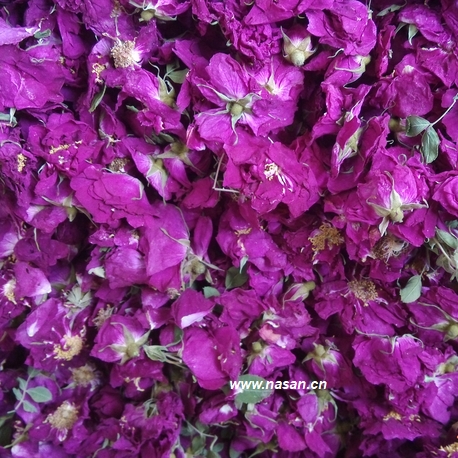
Factors Affecting Industrial Flower Dryer Price
The industrial flower dryer price can vary widely, ranging from a few thousand dollars for basic models to over $100,000 for advanced systems. Understanding the factors that influence cost helps businesses budget effectively and avoid overspending. Here, we break down the key determinants of industrial flower dryer price.
1. Capacity and Size: Larger industrial flower dryers with higher throughput capacities command higher prices. For example, a small tray dryer might cost $5,000, while a large conveyor system could exceed $50,000. Capacity is measured in terms of volume or weight per batch, so assess your production needs carefully.
2. Technology and Features: Advanced features like digital controls, automated humidity sensors, and energy-saving modes increase the industrial flower dryer price. Heat pump and vacuum dryers are typically more expensive due to their sophisticated technology. However, these features can lead to savings in energy and labor, justifying the higher initial investment.
3. Material and Build Quality: Industrial flower drying machines made from durable materials like stainless steel are costlier but offer better longevity and corrosion resistance. Cheaper models might use mild steel, which could require more maintenance. When comparing prices, consider the build quality offered by different flower drying oven manufacturers.
4. Brand and Manufacturer: Established flower drying oven manufacturers often charge premium prices for their reputed reliability and after-sales support. While budget options exist, investing in a reputable brand can reduce downtime and repair costs. Research manufacturers' reviews and warranties to gauge value.
5. Customization: Custom-designed industrial flower dryers tailored to specific flower types or space constraints will have a higher price tag. Standard models are more affordable but might not optimize drying for unique requirements.
6. Energy Efficiency: Machines with high energy efficiency ratings may have a higher upfront cost but lower operating expenses. Factor in long-term energy savings when evaluating the industrial flower dryer price.
7. Installation and Maintenance: Additional costs for installation, training, and ongoing maintenance can affect the total cost of ownership. Some flower drying oven manufacturers include these services in the price, while others charge separately.
To illustrate, a mid-range industrial flower dryer from a reliable manufacturer might cost between $15,000 and $30,000. Request quotes from multiple suppliers and consider lifecycle costs rather than just the purchase price. By understanding these factors, you can make a smart investment that aligns with your operational goals.
Top Flower Drying Oven Manufacturers
Selecting a reputable manufacturer is crucial for acquiring a high-quality industrial flower dryer. The right flower drying oven manufacturer ensures reliability, technical support, and compliance with industry standards. Here, we highlight some leading flower drying oven manufacturers known for their excellence in producing industrial flower drying machines.
1. ABC Dryers: With decades of experience, ABC Dryers is a global leader in industrial drying solutions. They offer a range of flower dryers, from compact tray models to large conveyor systems. Their machines are praised for durability and energy efficiency, making them a top choice for businesses concerned with industrial flower dryer price and performance. ABC provides comprehensive after-sales service, including installation and maintenance.
2. XYZ Technologies: Specializing in advanced drying technologies, XYZ Technologies manufactures innovative industrial flower dryers with features like IoT connectivity for remote monitoring. As a forward-thinking flower drying oven manufacturer, they focus on sustainability, offering heat pump and solar-assisted dryers. While their products are premium-priced, they cater to high-volume producers seeking cutting-edge solutions.
3. GreenField Equipment: Known for affordability without compromising quality, GreenField Equipment produces robust industrial flower drying machines suitable for small to medium enterprises. They provide customizable options and have a strong reputation in emerging markets. When evaluating industrial flower dryer price, GreenField is often a cost-effective option.
4. BioDry Systems: This manufacturer excels in vacuum and microwave dryers for sensitive applications, such as medicinal flowers. BioDry Systems works closely with clients to design tailored solutions, emphasizing quality preservation. Their flower drying oven manufacturers' expertise makes them ideal for pharmaceutical and herbal industries.
5. Global Harvest Machinery: Offering a diverse portfolio, Global Harvest Machinery supplies industrial flower dryers that are easy to operate and maintain. They are recognized for their customer support and training programs, helping users maximize efficiency.
When choosing a flower drying oven manufacturer, consider factors like certification (e.g., ISO standards), customer reviews, and availability of spare parts. Visit manufacturing facilities if possible, and request references. A reliable manufacturer will provide transparent information about the industrial flower dryer price and assist with selection based on your specific needs. By partnering with a trusted supplier, you ensure long-term success in your flower drying operations.
Common Problems with Industrial Flower Dryers and Solutions
Even the best industrial flower dryers can encounter issues that affect performance. Understanding common problems and their solutions helps minimize downtime and maintain product quality. Here, we discuss frequent challenges faced with industrial flower drying machines and practical fixes.
1. Uneven Drying: This is a common issue where some flowers dry faster than others, leading to inconsistent quality. It often results from poor airflow or overcrowding in the dryer. Solution: Ensure flowers are spread evenly on trays or belts, and regularly clean air vents. An industrial flower dryer with adjustable airflow settings can help. Consult the flower drying oven manufacturer for optimal loading techniques.
2. Overheating or Burning: Excessive heat can degrade flowers, causing loss of color and nutrients. This problem may stem from thermostat malfunctions or incorrect temperature settings. Solution: Calibrate temperature controls regularly and use dryers with precise sensors. For delicate flowers, consider a vacuum dryer that operates at lower temperatures. Monitoring cycles closely can prevent this issue.
3. High Energy Consumption: Industrial flower dryers can be energy-intensive, increasing operational costs. This is often due to inefficiencies or outdated technology. Solution: Upgrade to energy-efficient models like heat pump dryers. Implement maintenance routines, such as sealing leaks and insulating the dryer, to reduce energy waste. When evaluating industrial flower dryer price, factor in energy ratings to save long-term.
4. Mold Growth: If moisture isn't removed adequately, mold can develop, ruining entire batches. This occurs when humidity levels are too high or drying times are insufficient. Solution: Use industrial flower drying machines with humidity controls and ensure proper ventilation. Pre-treatment methods like blanching can reduce moisture content. Regularly inspect flowers for signs of mold and adjust drying parameters accordingly.
5. Mechanical Failures: Components like fans, heaters, or belts may wear out over time, causing breakdowns. Solution: Follow the manufacturer's maintenance schedule, including lubrication and part replacements. Keep spare parts on hand and choose flower drying oven manufacturers that offer reliable technical support.
6. Inconsistent Results Across Batches: Variations in flower size or initial moisture content can lead to batch inconsistencies. Solution: Standardize pre-processing steps, such as sorting flowers by size, and use dryers with programmable settings for repeatability. Training operators on best practices is essential.
7. Noise and Vibration: Some industrial flower dryers produce excessive noise, which can be disruptive. This might indicate unbalanced fans or loose parts. Solution: Tighten components and ensure the dryer is on a level surface. If noise persists, contact the manufacturer for repairs.
Preventive maintenance is key to avoiding these problems. Regularly clean the industrial flower dryer, check for wear, and train staff on proper operation. By addressing issues proactively, you can extend the machine's lifespan and maintain high-quality output. If problems persist, reach out to the flower drying oven manufacturer for assistance—many offer service contracts for peace of mind.
Investing in an industrial flower dryer is a significant decision that can enhance productivity and product quality in flower-related industries. From understanding the basics of what an industrial flower dryer is to exploring various types of industrial flower drying machines, we've covered essential aspects to guide your choice. The industrial flower dryer price varies based on capacity, technology, and manufacturer, but careful evaluation ensures value for money. Partnering with reputable flower drying oven manufacturers guarantees reliability and support. Additionally, being aware of common problems and their solutions helps maintain optimal performance. As demand for dried flowers grows, leveraging efficient drying technology becomes increasingly important. By applying the insights from this article, businesses can select and operate their flower dryers effectively, leading to sustainable success. Remember, a well-chosen industrial flower dryer is not just an expense—it's an investment in quality and efficiency.
FAQs About Industrial Flower Dryers
Q: What is the average lifespan of an industrial flower dryer?
A: With proper maintenance, an industrial flower dryer can last 10-15 years. Regular cleaning and part replacements extend longevity.
Q: Can I use an industrial flower dryer for other materials?
A: Yes, many industrial flower drying machines can handle herbs, fruits, or vegetables, but check with the manufacturer for compatibility.
Q: How do I calculate the right capacity for my needs?
A: Estimate your daily production volume and choose a dryer that can handle slightly more to allow for growth. Consult flower drying oven manufacturers for guidance.
Q: Are there safety precautions for operating a flower dryer?
A: Yes, follow electrical safety guidelines, avoid overloads, and ensure proper ventilation to prevent fire hazards.
Q: What maintenance is required for an industrial flower dryer?
A: Clean trays and filters regularly, inspect electrical components, and lubricate moving parts as per the manual.
By addressing these FAQs, users can better manage their industrial flower drying operations. If you have more questions, reach out to trusted manufacturers for personalized advice.



